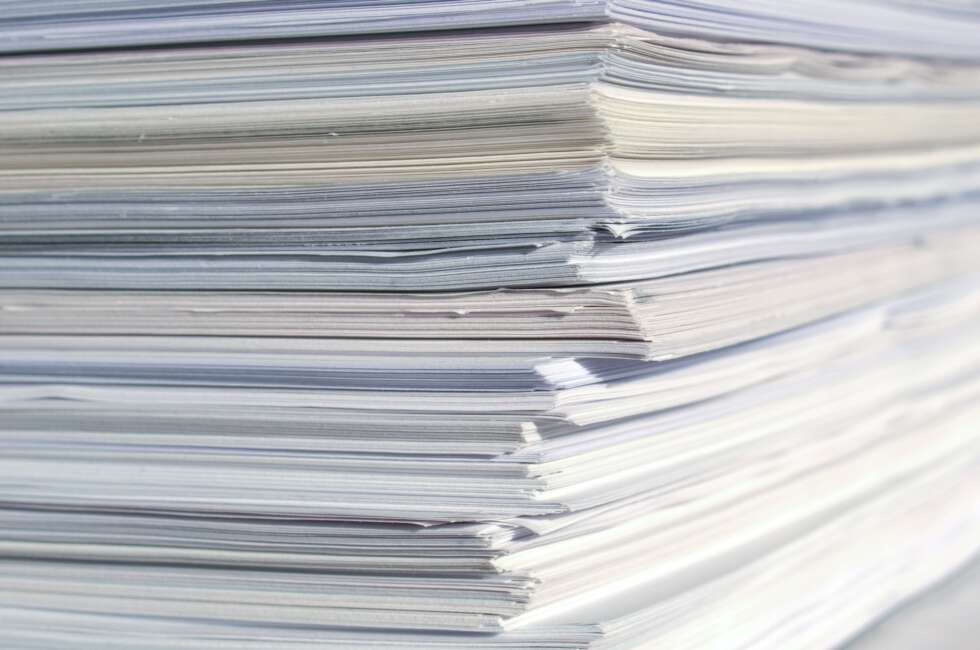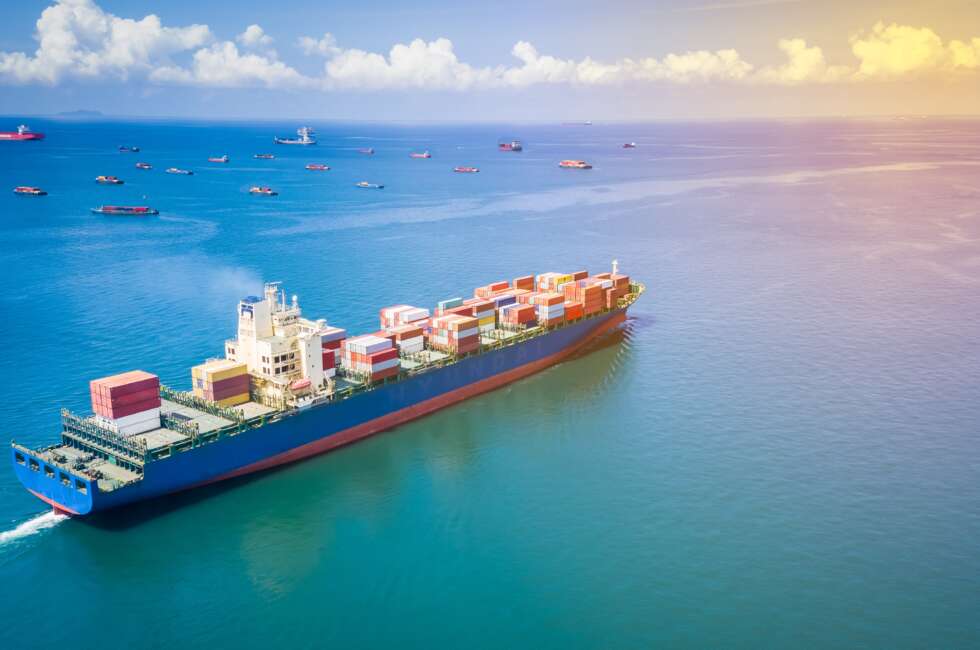What are Shipping Documents?
When you or your business is planning a shipment for your next great shipping venture, you will need to be familiar with several forms required by the country of origin and destination. This is especially relevant for international shipments and the paperwork required is notoriously tedious and complicated to fill and keep track of. In short, shipping documents are forms that are required to be filled in, in order to proceed with the shipping process.
Standard Shipping Documents
Here are the most common shipping documents required for both importers and exporters when planning a shipment:
- Bill of Lading (BoL)
-
-
- Bill of Lading is the official document issued by the carrier to the shipper detailing the type, quantity, and destination of goods being carried. The Bill of Lading, upon shipment arrival, acts as a shipment receipt when the goods are delivered at their destination.
-
- Commercial Invoice
-
-
- The commercial invoice acts as proof of sale between the buyer and seller. The commercial invoice is necessary to be used in the customs declaration and will detail the parties involved in the shipping transaction, the goods being transported, the country of manufacture, and the Harmonized System codes of the goods.
-
- Packing List
-
-
- The packing list is an itemized list of goods with details on how the shipment is packed, the dimensions of the goods, a description of the goods, and can act as proof of goods in the event of a dispute.
- Letter of Credit
- The letter of credit is a formal and non-negotiable agreement of payment between the buyer and seller that is guaranteed by the bank.
-
- Insurance Certificate
-
- Issued by an insurance company, the insurance certificate is proof that the shipment is insured for damaged or lost goods.

Shipping Documents for Exporting
When exporting, there are a few documents that you will need to keep in mind to have:
- Export Customs Declaration
-
-
- It is a form submitted by the exporter at the port of export providing information about the type, quantity, and value of the goods.
-
- Certificate of Origin
-
-
- A certificate of origin lists out where the goods were manufactured, where the materials were obtained, and their destination.
-
- Other Certificates
-
- Depending on the cargo, some goods require additional certificates before being allowed to be exported.

Shipping Documents for Importing
- Import Customs Declaration
-
-
- Similar to the export customs declaration, the import customs declaration will need to be submitted to authorities at the port of import for customs clearance.
-
- Arrival Notice
-
-
- The arrival notice is a form for when the shipment has arrived at its destination. Typically, it contains a description of the goods, transportation details, carrier contact information, destination country, and any customs charges incurred.
-
- Importer Security Filing (ISF)
-
- Prior to shipping, an online form will need to be filled out and submitted to the Customs & Border Protection (CBP). The form requires the seller’s and buyer’s names and addresses, importer of record, consignee, manufacturer’s name and address, and country of origin.
Do you need a professional to handle all your documents?
Now with all this new knowledge under your belt, you should have a pretty good idea of the necessary documents required for shipping. Fortunately, there are freight experts that handle these documents on a shipper’s behalf that are called freight forwarders. Any mistake on the documentation can cost you a lot in time, money, and effort, so having a freight forwarder handle these documents is often the better alternative to filling out and submitting these documents yourself.
If you’re in need of a freight forwarder with decades of experience under its belt, Feel free to contact us through our official website or call us at 626-604-1188



